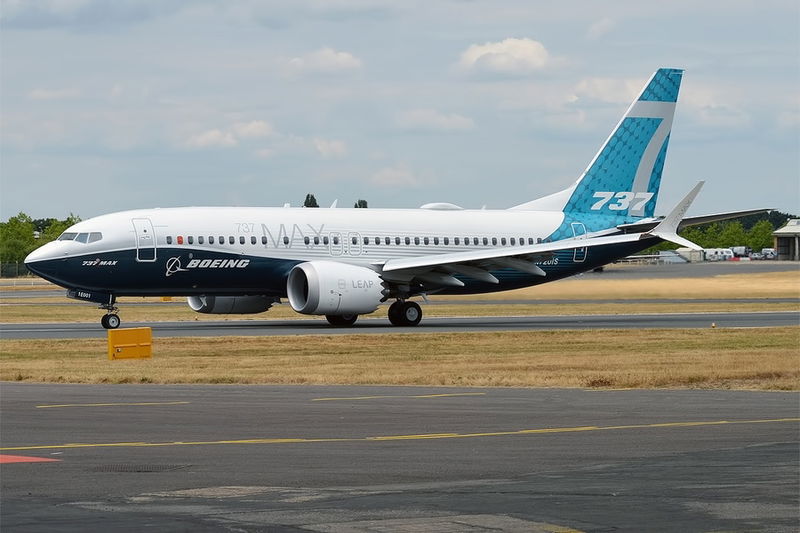FAA Completes 3 Days Of 737 MAX Re-certification Flights

Even though the Boeing 737 MAX has a long road ahead before it can return to the skies for commercial purposes, Boeing and the Federal Aviation Administration (FAA) have completed a major step in the road towards re-certifying the grounded aircraft type.
Over the last three days (June 29-July 1), pilots operated a series of flights with the MAX 7 (registered N7201S) between Boeing Field (BFI) and Moses Lake (MWH), where the crew put the aircraft through tests to trial the series of updates applied to Boeing’s Maneuvering Characteristics Augmentation System (MCAS).
Based on the performance graphs of each flight on FlightRadar24, the pilots appeared to push the aircraft into many steep banks, climbs and descents over a combined range of high and low altitudes and speeds, and that’s just a few of the many variables they would have been looking at.


MCAS now utilizes both air input sensors and was re-programmed from the ground up to use both on-board computers, so if one system was the fail, at least there would be surety that the second system could act as a fail safe.
The test crew would have been looking at two key areas:
- Ensuring that MCAS did not revert to using one sensor.
- Ensuring that if the system does engage, that it does not activate repeatedly.
Over the three days, the crew would have flown a combined time of 10 hours, but it is important to note that this is just a finalization on top of the hundreds of hours of test flights conducted earlier this year used to weed out problems.
The journey ahead is still long as the FAA now has to comb through and analyze the data from these flights, which could take weeks. Assuming all goes well, the FAA’s Administrator Stephen Dickson will take a ride on the aircraft himself before signing off on anything. From there, the FAA would need to finalize new training procedures for pilots in collaboration with other agencies from Europe, Canada and Brazil. MAX simulators will also have to be developed to train pilots, unlike the previous process simply involved reading through system updates on an iPad.
With all this going on, it puts the re-certification completion date some time in September of this year.
That means that airlines may not be able to get their MAXs back into the air until November into December (best case) as pilots would need to be retrained, and parked aircraft would need to be brought out of storage and updated before heading to the skies. FAA officials will also have to inspect and sign off on changes on every single MAX that was delivered prior to the completion of the re-certification process.
With all the fallout from COVID, this might seem like a timely period to sort out all the MAX issues as airlines are nowhere near the needed capacity they were at just six months ago, but they still face the challenge of convincing the public to fly on the new aircraft type given the back to back crashes in late 2018 and early 2019.



